Category: Social Entrepreneurship
-
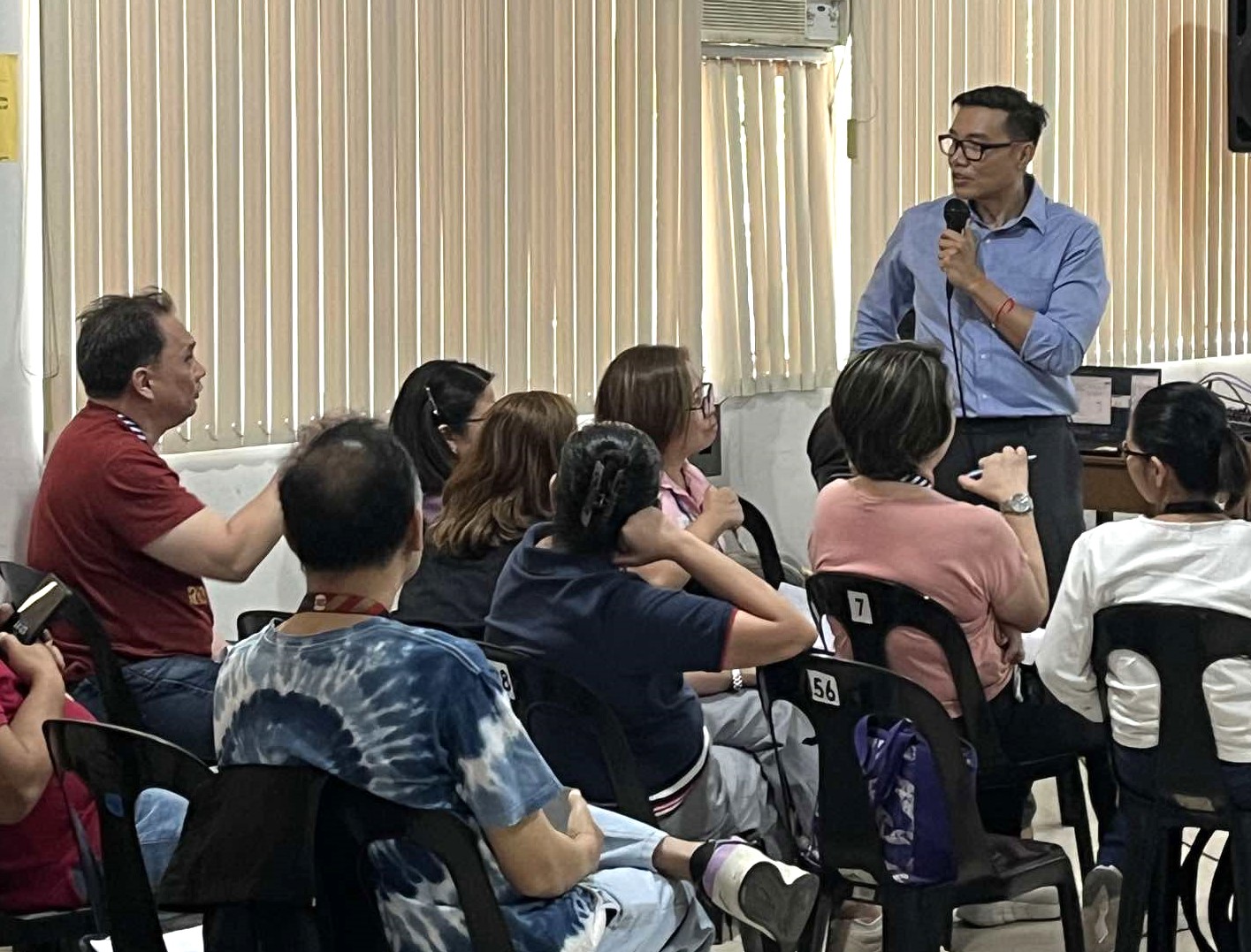
Management and Supervision of Microfinance Operations
Ateneo de Manila-SEDPI NanoEnterprise Development Program(formerly the Ateneo Microfinance Capacity-Building Program) Course Objectives: Course Description: This course equips branch managers with essential skills in planning, organizing, leading, and controlling microfinance operations. Participants will explore conflict resolution, customer service, delinquency cost management, team supervision, and internal controls to enhance branch efficiency, staff performance, and financial sustainability in…
-
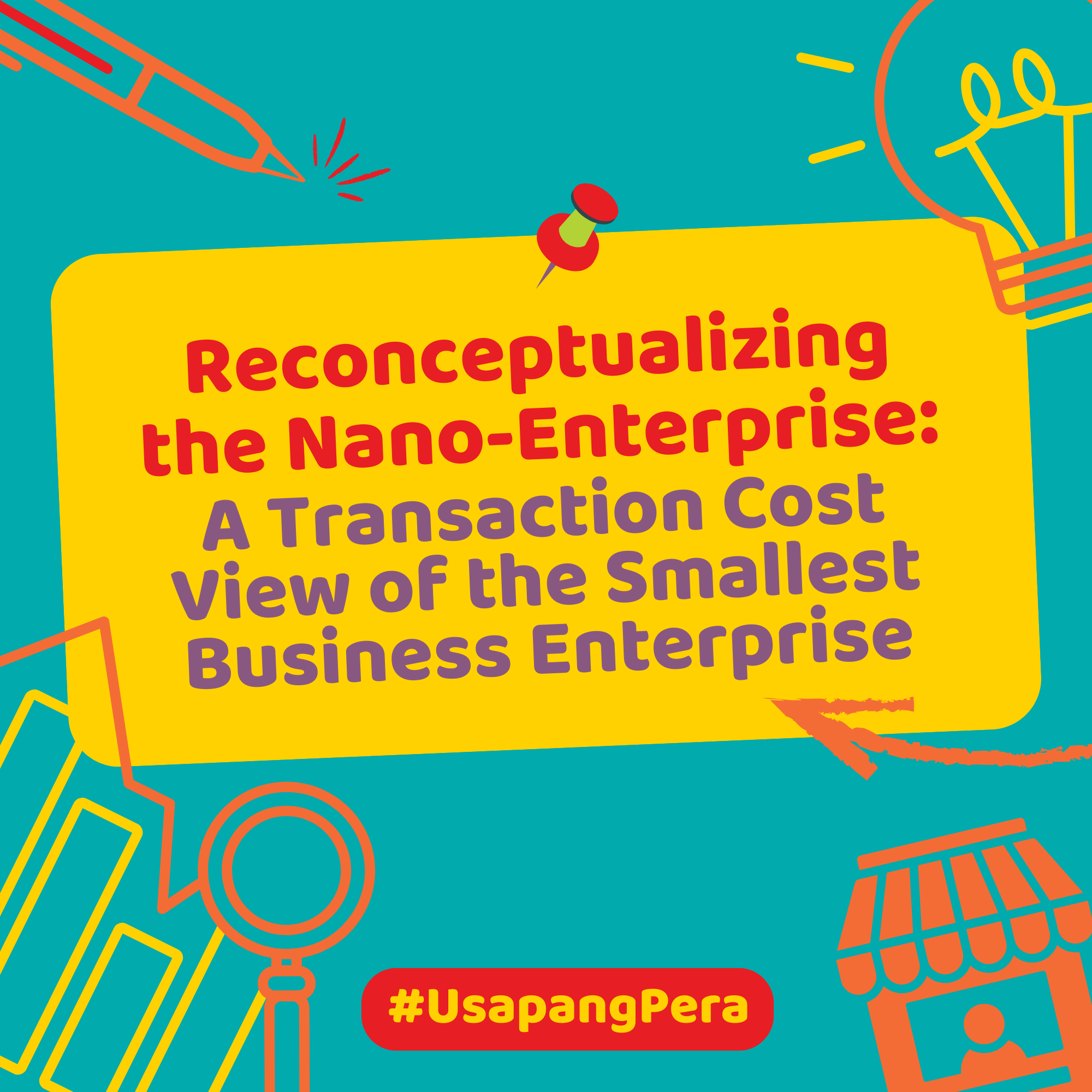
Reconceptualizing the Nano-Enterprise: A Transaction Cost View of the Smallest Business Enterprise
Roberto Nolan Galang and Mariel Vincent Rapisura (Presented at the Academy of Management on July 9, 2024 in Chicago Illinois.) ABSTRACT This exploratory study characterizes the nano-enterprise — or the single-person enterprise — as a distinct category of firms that constitutes a significant pillar for economic activity and poverty alleviation in many parts of the world,…
-
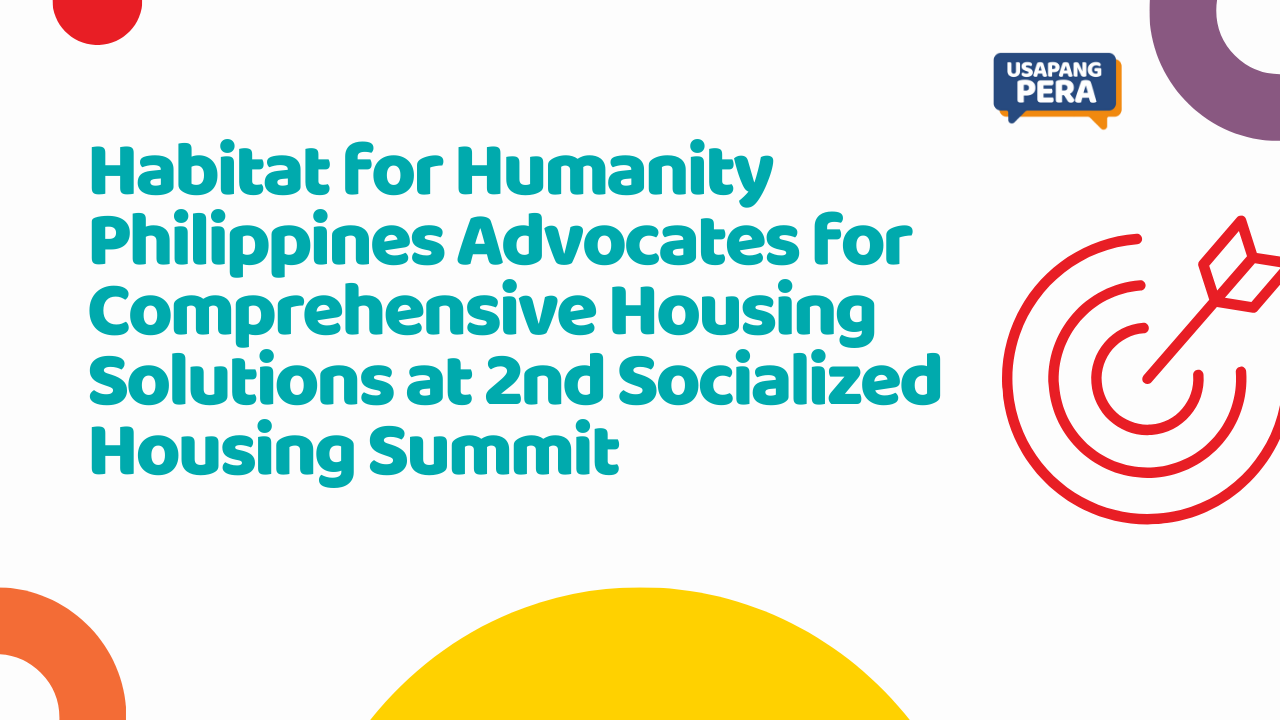
Habitat for Humanity Philippines Advocates for Comprehensive Housing Solutions at 2nd Socialized Housing Summit
In a compelling narrative at the 2nd Socialized Housing Summit, Ms. Marilyn Estrellado of Habitat for Humanity Philippines shared insights into the transformative work of her organization in addressing the critical housing needs across the nation. Held at Ateneo de Manila University on March 18-19, 2024, and organized by ACSent and SEDPI, the summit served…
-
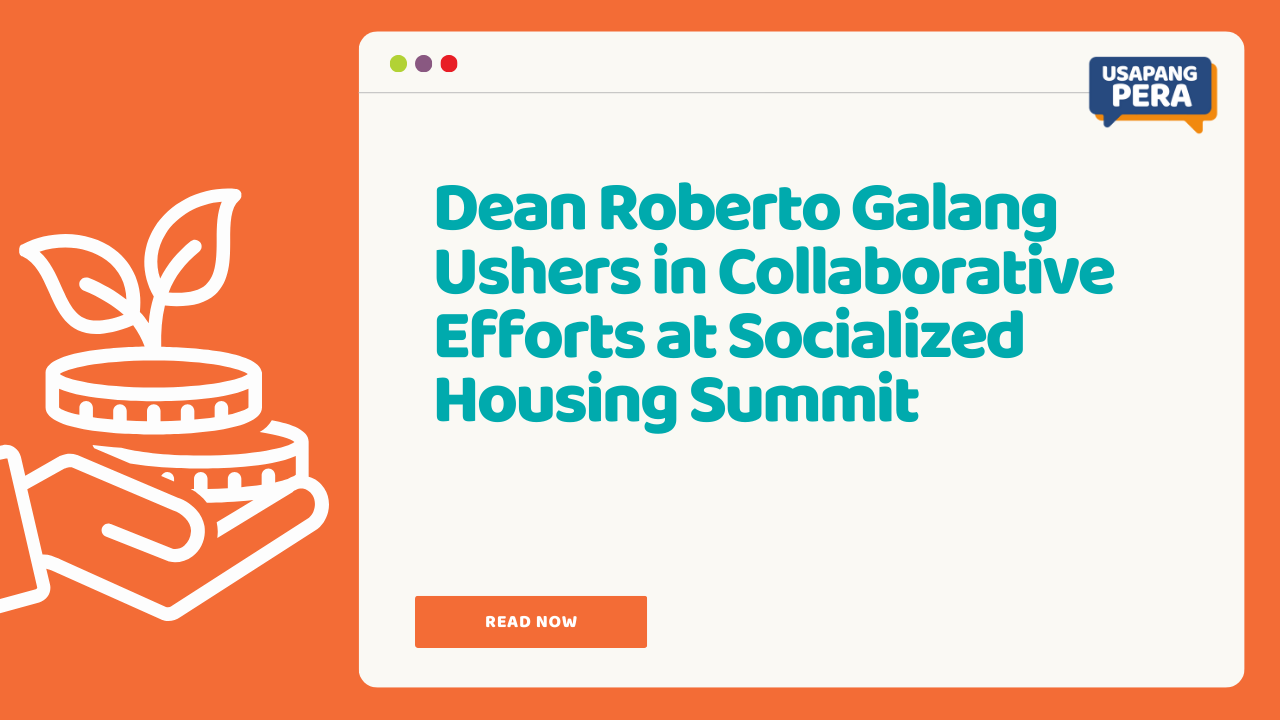
Dean Roberto Galang Ushers in Collaborative Efforts at Socialized Housing Summit
Ateneo de Manila University warmly welcomed delegates to the pivotal 2nd Socialized Housing Summit with open arms and open minds, as Dean Roberto Galang set the stage for a collaborative discourse on tackling the Philippines’ housing crisis. Dean Galang acknowledged the gravity of the situation, noting the distressing shortfall in socialized housing units—the demand being…
-
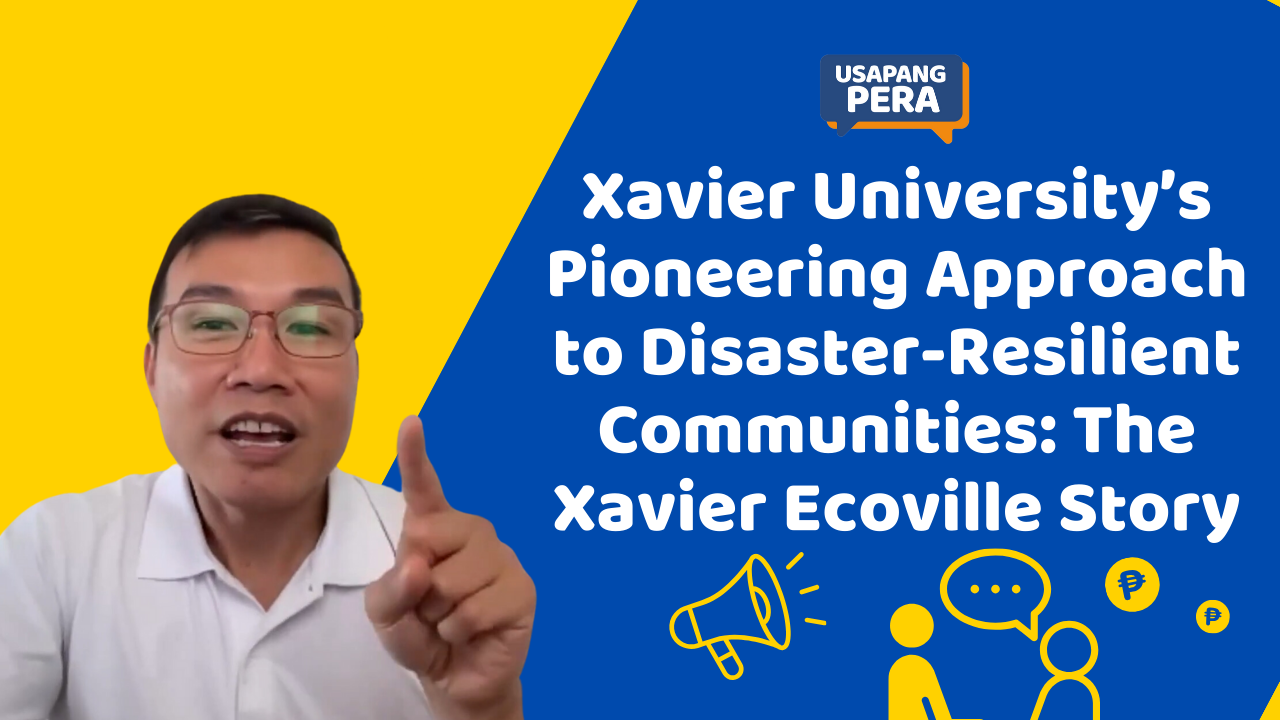
Xavier University’s Pioneering Approach to Disaster-Resilient Communities: The Xavier Ecoville Story
Cagayan de Oro, Philippines – In the aftermath of the devastating Tropical Storm Sendong in 2011, which took hundreds of lives and left thousands homeless in Cagayan de Oro, a beacon of hope and innovation emerged through the efforts of Xavier University and its community. Engr. Dexter S. Lo, during the 2nd Socialized Housing Summit,…
-
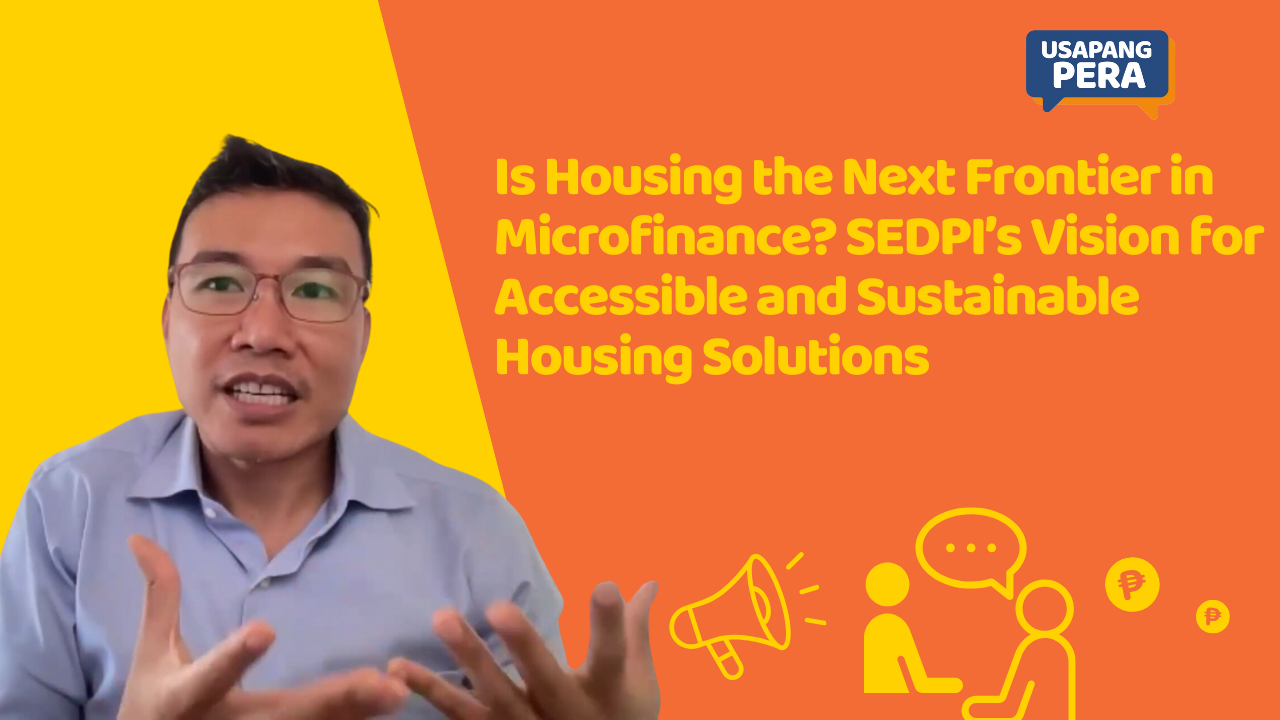
Is Housing the Next Frontier in Microfinance? SEDPI’s Vision for Accessible and Sustainable Housing Solutions
In a recent address at the 2nd Socialized Housing Summit, Vince Rapisura, a pivotal figure in microfinance and social entrepreneurship, presented a compelling case for integrating affordable housing solutions into microfinance. His presentation, rooted in a deep understanding of the challenges faced by low-income Filipinos, offered a fresh perspective on addressing poverty through sustainable housing.…
-
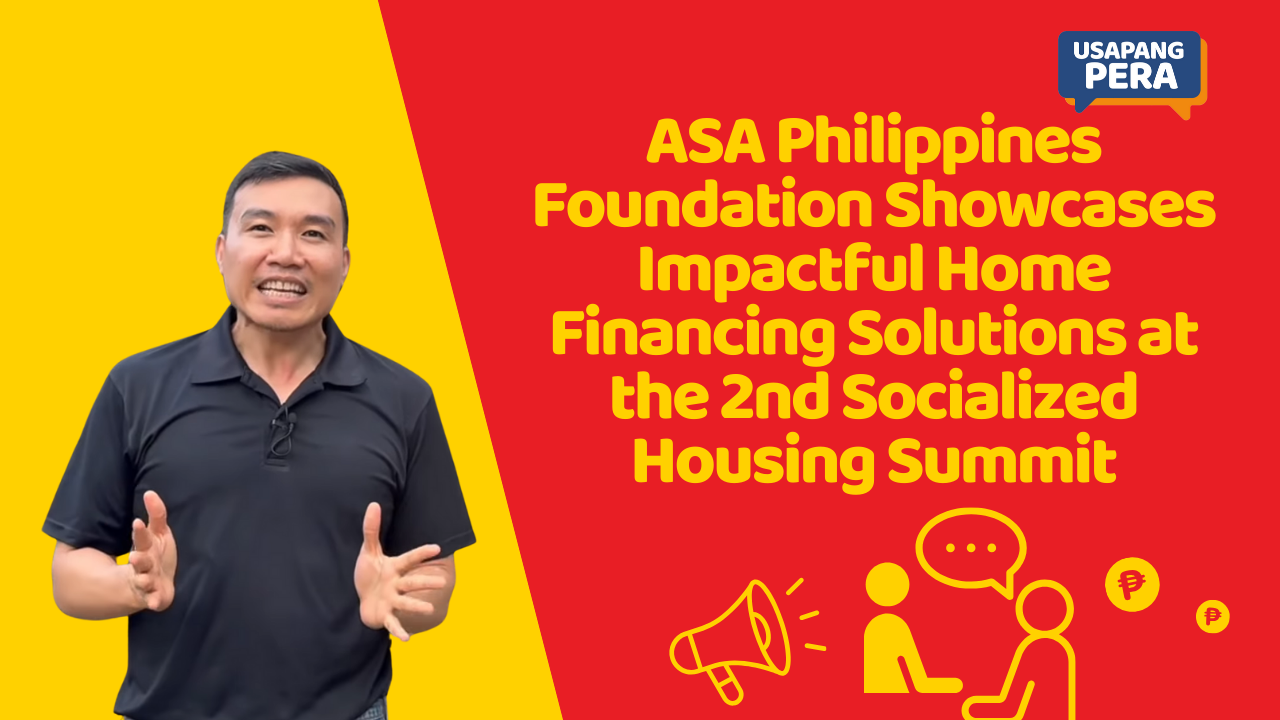
ASA Philippines Foundation Showcases Impactful Home Financing Solutions at the 2nd Socialized Housing Summit
ASA Philippines Foundation, one of the giant microfinance institutions in the Philippines, presented its innovative Home Financing program at the 2nd Socialized Housing Summit, showcasing its contributions to addressing the housing needs of low-income communities. The summit, organized by the Ateneo Center for Social Entrepreneurship (ACSent) and Social Enterprise Development Partnerships Inc. (SEDPI) on March…
-
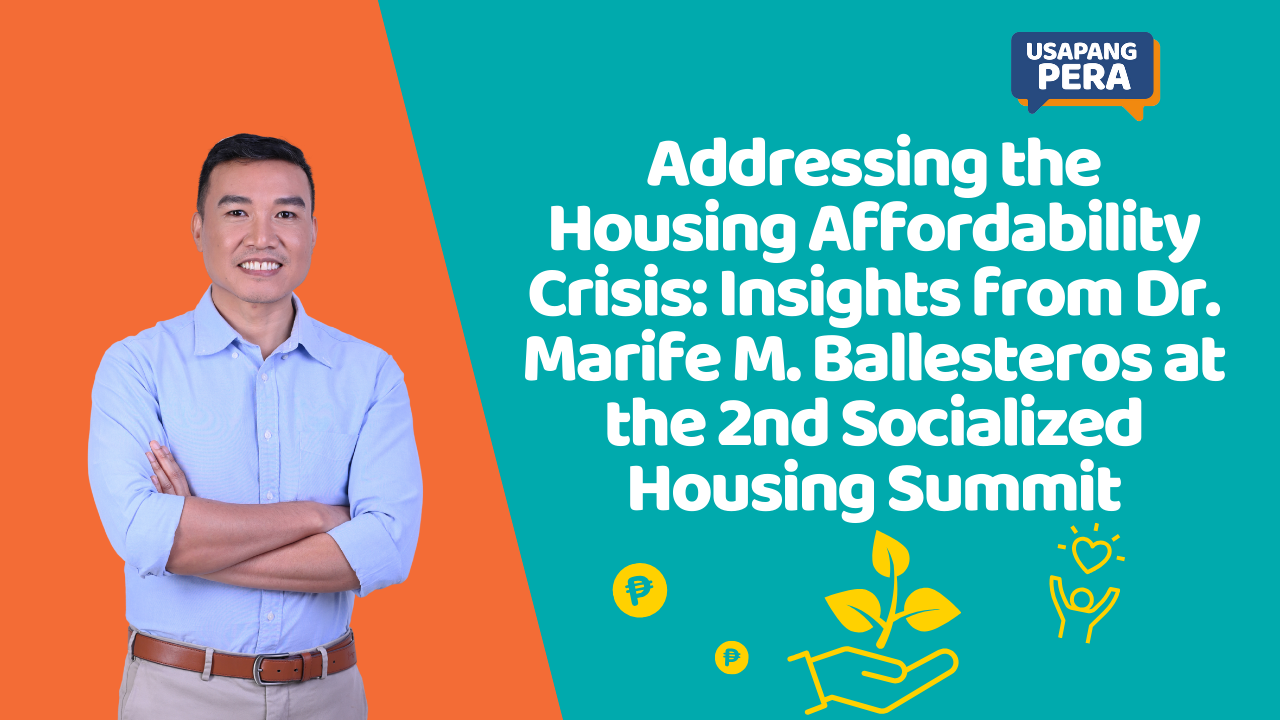
Addressing the Housing Affordability Crisis: Insights from Dr. Marife M. Ballesteros at the 2nd Socialized Housing Summit
In an enlightening presentation at the 2nd Socialized Housing Summit, Dr. Marife M. Ballesteros of the Philippine Institute for Development Studies (PIDS) delved into the pressing issue of housing affordability in the Philippines. Her analysis shed light on the multifaceted challenges of providing adequate housing for all income groups, particularly the low-income and impoverished segments…
-
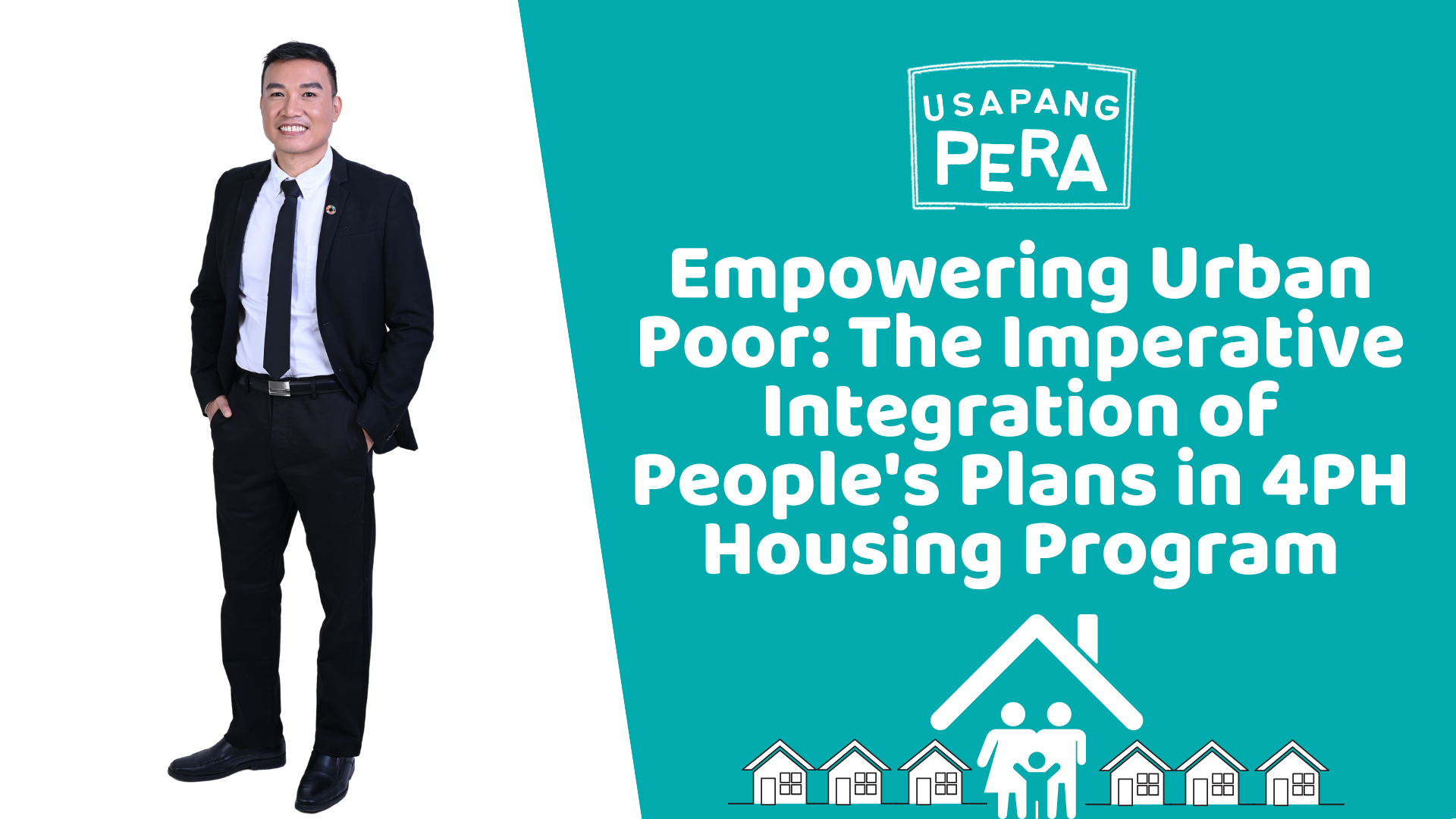
Empowering Urban Poor: The Imperative Integration of People’s Plans in 4PH Housing Program
In a compelling presentation at the 2nd socialized housing summit, Buboy Magahis highlighted the pressing need for incorporating people’s plans into the Philippines’ Pambansang Pabahay para sa Pilipino (4PH) program, advocating for a more inclusive and sustainable approach to address the nation’s housing crisis. Hosted by ACSent and SEDPI at Ateneo de Manila University, the…
-
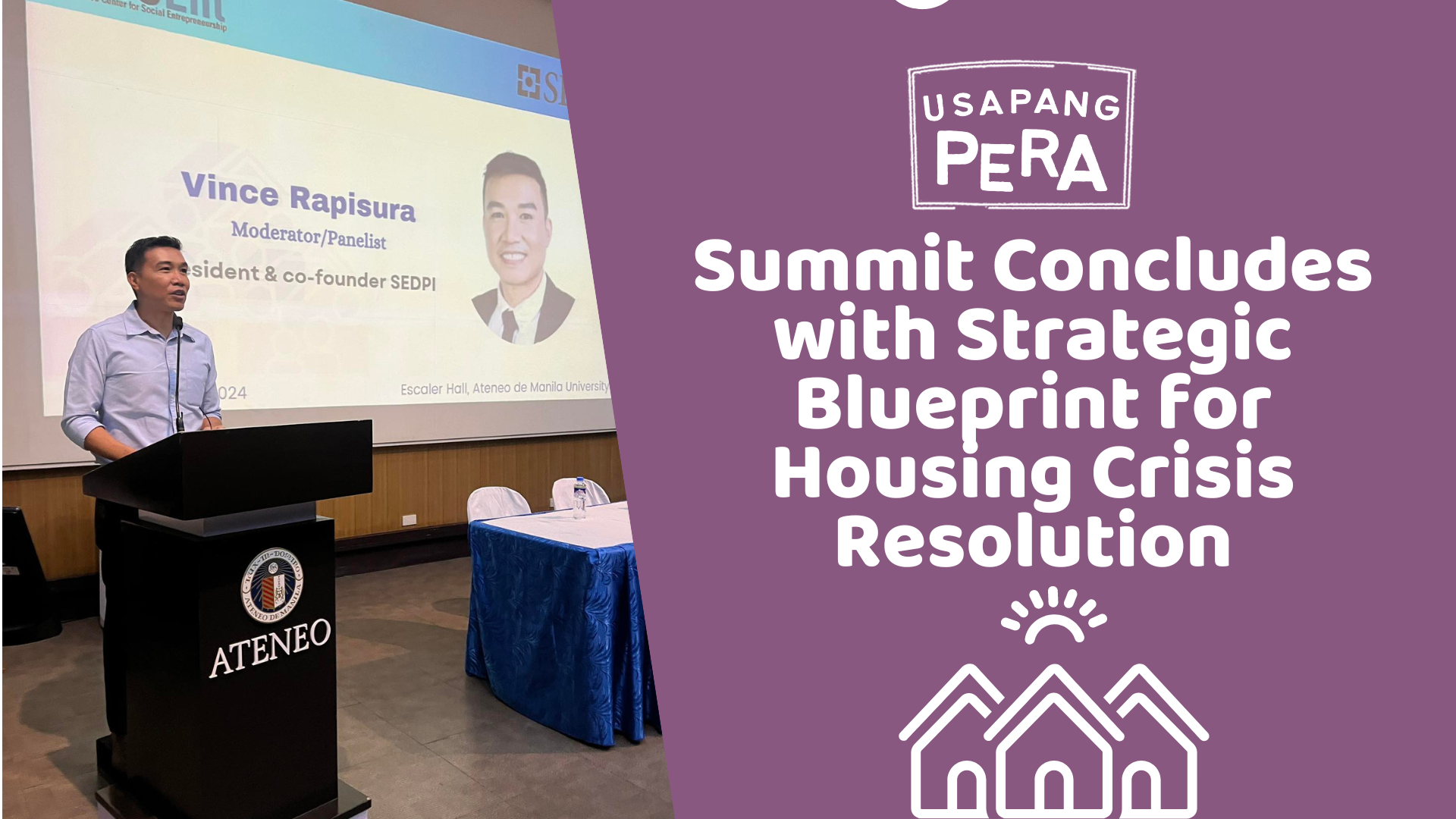
Summit Concludes with Strategic Blueprint for Housing Crisis Resolution
As the 2nd socialized housing summit hosted by ACSent and SEDPI at Ateneo de Manila University drew to a close, Vince Rapisura provided key takeaways and actionable steps toward addressing the Philippines’ housing backlog. Emphasizing the commitment of Senator Risa Hontiveros to champion housing issues in her legislative agenda, Rapisura outlined a strategic approach to…